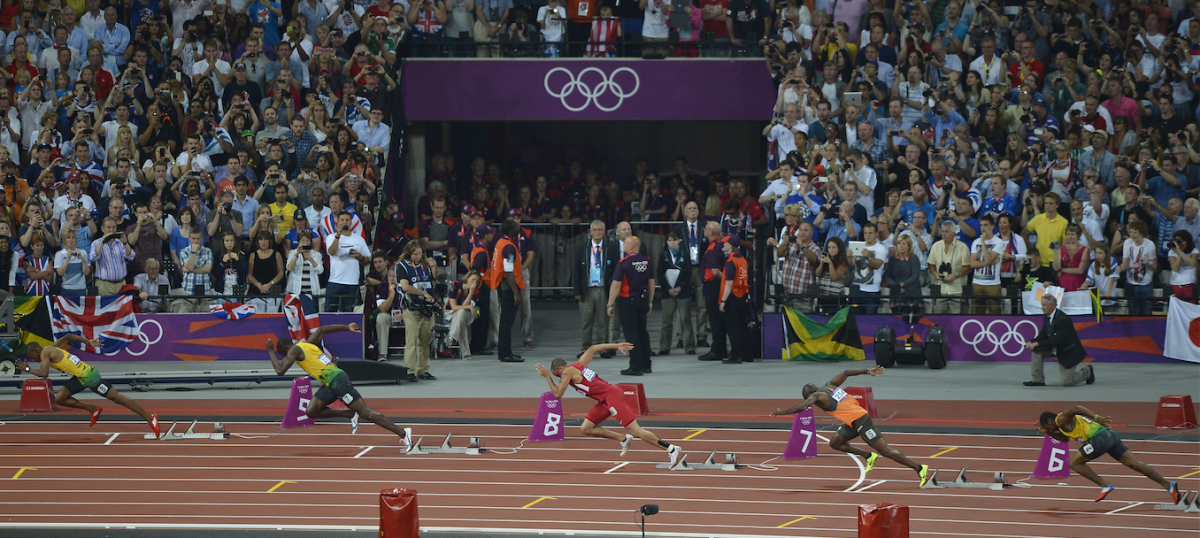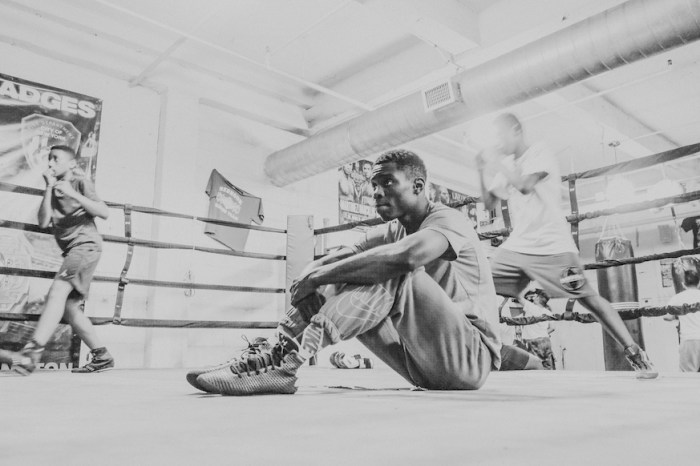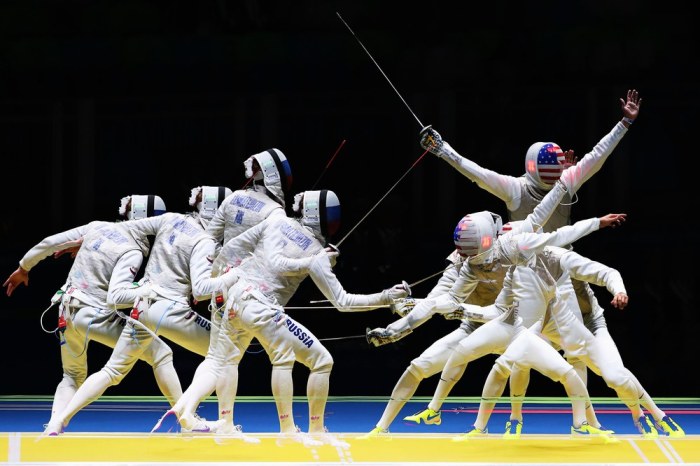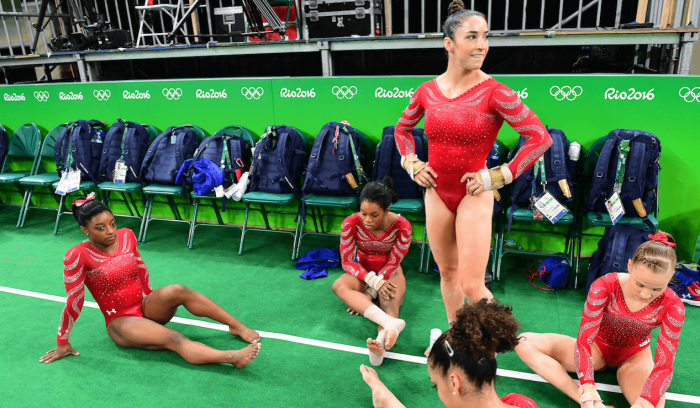The majority of the millions of people who watch the Summer Olympics every four years are casual fans, dropping in to watch these niche sports for entertainment purposes. The sheer spectacle of the Olympic games almost always overwhelms the ugly realities – host cities left in financial ruin, IOC scandals and major doping issues. Mark Johnson, author of the new book “Spitting in the Soup: Inside the Dirty Game of Doping in Sports,” is an expert on that last topic, and he says that allowing athletes to use any and all performance-enhancing drugs in the Olympics isn’t any more crazy than what comes from the current system in place. “WADA (World Anti-Doping Agency) only finds 1-2 percent of dopers right now,” Johnson told Metro. “It’s pretty easy to – in a lot of sports – plan your doping so you don’t have any drugs in your system when you’re competing. Most of the PEDs allow athletes to train a lot harder and recover a lot faster, but during actual competition they can still be completely clean,” Johnson said. “It’s really an intelligence test. If you’re working with a good doctor and you time everything right, you can always get by.” Old story, new problems
The big doping story heading into the Rio summer games, which begin on Aug. 5, concerns Russia and its “state-sponsored doping program.” According to the BBC, Russia “directed, controlled and oversaw manipulation of urine samples provided by its athletes” in the build-up to the London games in 2012 through the Sochi Winter Olympics in 2014. Not surprising in the least, says Johnson, but he adds that there is an incredible deal of hypocrisy coming from those currently scolding Russia. The never-ending quest to get all drugs out of the Olympics is impossible, if not laughable. RELATED: UFC’s Jon Jones facing an even longer doping suspension “We have this idea that we need go get back to a ‘cleaner era,’” Johnson said. “The problem though is that this cleaner era never really existed. Testing is much stricter now than it was 50 years ago, but athletes trying to get an edge through drugs has been going on literally forever. Finding new ways to get bigger, faster and stronger was seen as a part of the craft of sport at one time. It was like utilizing new forms of technology. In the 1960s, particularly in the U.S., those attitudes started to change. Because of all the recreational drug use and abuse at that time we started to pay closer attention to performance-enhancing drugs as well. All of a sudden, doping went from something that all athletes did as a form of training to a mark of moral failing. In the last 50 years the surveillance and the creation of these anti-doping agencies is pretty dramatic.” Despite the stricter testing, there is a prevalent idea that “everybody is on something” anyway.
“Most of the athletes don’t want to do these drugs at first,” Johnson said. “They have to hire doctors and the drugs themselves are expensive. It can also get dangerous. They don’t want that hassle, obviously, but once it becomes the norm in their sport then they kind of have to reach for [the drugs]. I don’t really think the crime and punishment approach is super-effective.” Johnson admits there’s no great answer to solving the issue of doping in the Olympics. If it was the wild west and everything was on the table, athletes [and countries] with deeper pockets would routinely come out ahead. Many athletes would also take the rawest and most dangerous forms of steroids to compete at the highest level, and that would in turn lead to major health problems. “We should focus on the drugs that are really harmful and not worry about, say, busting athletes for using pot,” Johnson said. “In the U.S., we’ve really created a huge legal loophole with selling supplements. They’re everywhere. We’ve created a culture where it’s OK to use ADHD drugs as a regular citizen, but if an athlete uses the same drug and they’re popped for it they’re suddenly the bad guys. In America we’ve stated that doping is fine, ‘except for you athletes.’ It’s like a mother saying, ‘Johnny, don’t you dare smoke,’ but then a half hour later she goes out and buys a pack of Marlboro reds.’”
Should doping / drugs be allowed in the 2016 Rio Summer Olympics?

Getty Images


















